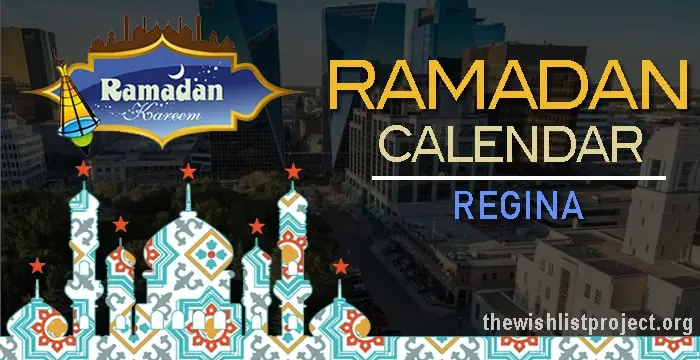

Those observing the fast are encouraged to read the Quran and the holy text is recited at the Tarawih, special nightly prayers that are held throughout the month. Middlesbrough: (8 minutes later, 14 minutes later)įasting at Ramadan is one of the five pillars of Islam – the fundamental rules that all Muslims follow – along with the Shahadah (declaration of faith), Salat (prayer), Zakat (charity) and the Hajj pilgrimage.ĭuring Ramadan, there is an increased offering of the Salat, with Muslims giving thanks to Allah, while the fasting ritual allows them to understand the suffering of others.Manchester: (10 minutes later, 7 minutes later).Liverpool: (12 minutes later, 9 minutes later).Leeds: (7 minutes later, 4 minutes later).Glasgow: (22 minutes later, 40 minutes later).Cardiff: (13 minutes later, 12 minutes later).Bradford: (9 minutes later, 8 minutes later).Birmingham: (8 minutes later, 6 minutes later).UK variations relative to London (Time Fast Begins, Time Fast Ends).The start and end dates are contingent on the moon sighting which signifies when Ramadan begins, which is this year expected to be Friday 1 April, while the timings apply to London:īecause of the varying times of sunrise and sunset across the rest of the UK, it must be noted that there are variations in timing depending on location.įortunately, the charity Muslim Hands offers this following helpful guide to adjust the fasting timetable to apply to where you are: Here are the key timings day-by-day for Fajr and Maghrib – when the fast begins and ends – in London for the Muslim holy month. The fast isn’t broken until sunset with the Iftar meal, which precedes the Maghrib, the fourth prayer of the day.īecause the days will gradually increase in length, the fasting period becomes progressively more challenging as worshippers near the end of the holy month, and the celebration of Eid al-Fitr.īut while the fast will be almost two hours longer at the end of this year’s Ramadan than its first day, there is the consolation that it falls almost two weeks earlier than last year’s festival, with shorter days as a result.īoth the Central London Mosque and the East London Mosque have compiled Ramadan timetables, which give worshippers in the capital all the information they need to observe the fast correctly. The SalatĮvery day of Ramadan, Muslims eat the pre-fast meal called the Sahoor, which is take before sunrise and culminates with the day’s first prayer, the Fajr. Indonesian Muslims prepare food ahead of breaking their fast in 2016 (Photo: Getty Images) When are the Suhoor and Iftar?ĭuring Ramadan, the Salat (daily prayers) take on increased significance, both because the holy month is considered a time of reflection and purification and also because they shape the hours of the fast. It lasts between 29 and 30 days, until the sighting of the next crescent moon marks the end of the holy month and the arrival of Shawwal, the tenth month of the Islamic Hijri calendar. Foods traditionally served at iftar vary, but food is often shared with a poor family during Ramadan.This year, Ramadan is expected to start on Saturday 2 April, although it could come a day later if the moon isn’t sighted. For iftar, many traditionally break the fast by first eating dates, as the Prophet Muhammad is believed to have done to break his fast. Muslims believe that fasting cleanses the body, and the practice reminds them of the suffering of the poor.Įating and drinking (including water) is prohibited from dawn to sunset, and the day’s abstinence is offset by a pre-dawn meal called sehri and a nightly meal known as iftar. Ramadan Dates Yearįirst Evening of Ramadan (fasting begins at dawn next day)īeginning at puberty, all Muslims (with certain exceptions, such as if one is ill, traveling, pregnant, elderly, etc.) take part in the month-long, dawn-to-sunset fast that is the hallmark of Ramadan. The dates listed below are based on expected visibility, so may differ slightly from those seen elsewhere. Because of this, start and end dates are not set in stone and may vary by a day.

The exact beginning and ending times of the month of Ramadan are based on the sighting of the first crescent Moon on the last night of the eighth month (Sha’ban). Specifically, Ramadan is said to begin at the first observance of the crescent Moon over Mecca, Saudi Arabia (or on a date pre-determined by astronomical calculation). The Month of March 2023: Holidays, Fun Facts, Folklore


 0 kommentar(er)
0 kommentar(er)
